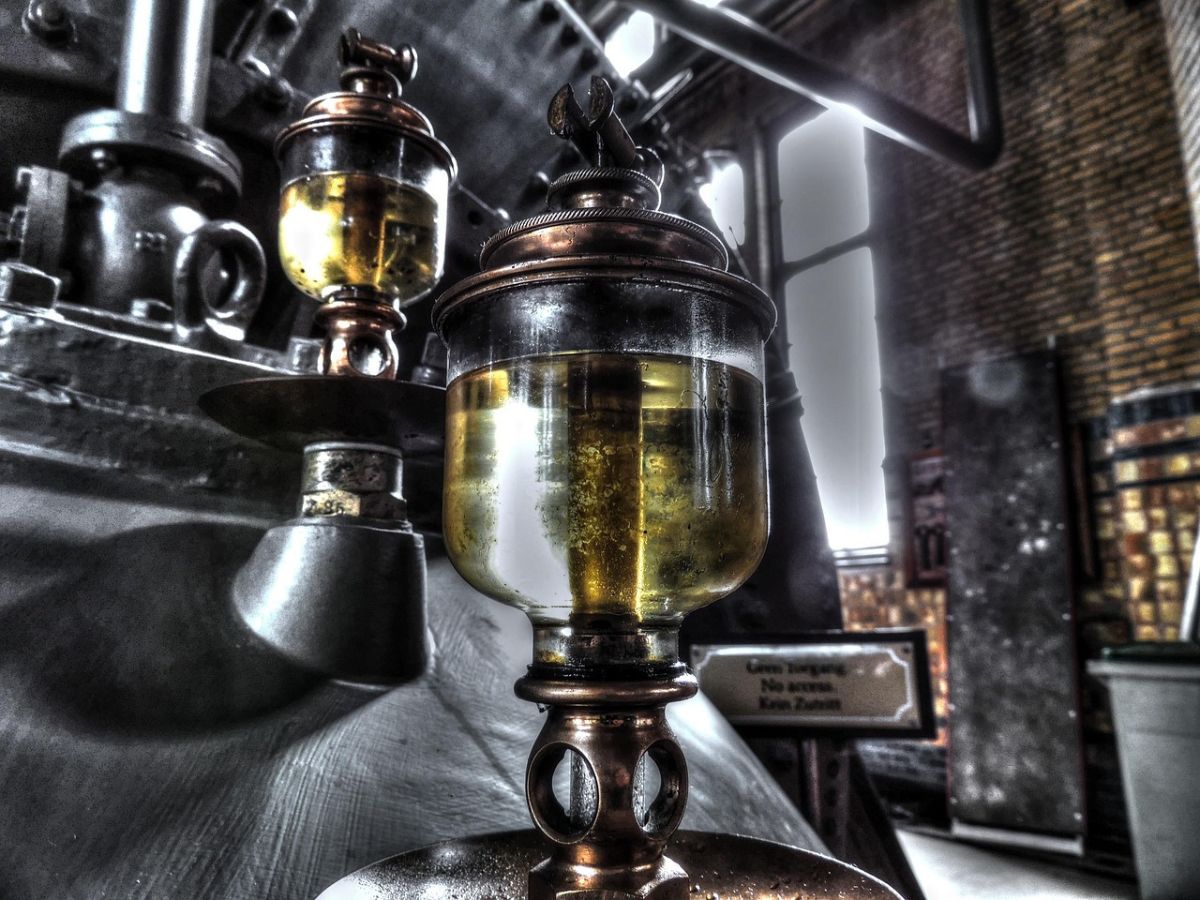Industrial machinery operates in demanding environments, requiring precise maintenance to function efficiently. One of the critical components of effective maintenance is lubrication. This guide dives deep into industrial lubrication solutions, their importance, and how to choose the best option for your business.
What Are Industrial Lubrication Solutions?
Industrial lubrication solutions encompass a range of products and systems designed to reduce friction, wear, and heat in machinery. These include:
Industrial Oils: Hydraulic, gear, and compressor oils for various applications.
Greases: High-performance lubricants for heavy-duty equipment.
Automatic Lubrication Systems: Equipment that delivers precise lubrication to critical components.
Specialty Lubricants: Designed for extreme conditions such as high temperatures or corrosive environments.
Importance of Lubrication in Industrial Applications
Proper lubrication is essential for:
Reducing Downtime: Prevents equipment failure and extends machinery life.
Energy Efficiency: Minimizes energy consumption by reducing friction.
Operational Safety: Reduces the risk of overheating and mechanical failures.
Cost Savings: Decreases maintenance and replacement costs.
Types of Industrial Lubricants
Hydraulic Oils: Used in hydraulic systems to ensure smooth operations.
Gear Oils: Protect gears from wear and ensure efficient power transmission.
Compressor Oils: Maintain the performance of air compressors.
Synthetic Lubricants: Provide superior performance in extreme conditions.
Food-Grade Lubricants: Safe for use in food processing equipment.
Choosing the Right Lubrication Solution
Selecting the appropriate industrial lubrication solution depends on several factors:
Application Requirements: Consider the type of machinery and operating conditions.
Environmental Conditions: High temperatures, moisture, and dust may require specialized lubricants.
Load and Speed: High-load or high-speed applications need specific lubrication types.
Regulatory Compliance: Ensure the lubricant meets industry standards and regulations.
Automatic Lubrication Systems
Modern industries are increasingly adopting automatic lubrication systems due to their efficiency and reliability. Key benefits include:
Precision: Delivers the exact amount of lubricant to each component.
Time-Saving: Reduces manual labor and frequent maintenance checks.
Consistency: Maintains optimal lubrication levels, enhancing equipment performance.
Common Challenges in Industrial Lubrication
Contamination: Dust, water, or other contaminants can degrade lubricants.
Over or Under Lubrication: Both can lead to machinery damage.
Incorrect Lubricant Selection: Using the wrong type can cause operational inefficiencies.
Solutions: Implement regular lubrication audits, use sealed systems, and train personnel in proper lubrication practices.
Best Practices for Industrial Lubrication
Establish a Maintenance Schedule: Regularly check and replace lubricants.
Use Quality Products: Invest in high-quality, manufacturer-approved lubricants.
Monitor Equipment: Use sensors to track lubrication levels and performance.
Educate Your Team: Provide training on the importance and techniques of proper lubrication.
Top Industrial Lubrication Brands
Shell Lubricants: Known for innovative solutions.
Mobil Industrial: Offers a wide range of high-performance lubricants.
Castrol: Trusted for its advanced technology and reliability.
Klüber Lubrication: Specializes in specialty lubricants for various industries.
TotalEnergies: Renowned for sustainable and high-efficiency lubrication solutions.
Chevron Lubricants: Offers reliable products for heavy-duty industrial applications.
Sustainability in Industrial Lubrication
With increasing focus on environmental responsibility, businesses are adopting eco-friendly lubrication solutions. Features include:
Biodegradable Lubricants: Reduce environmental impact.
Energy-Efficient Systems: Lower energy consumption.
Recyclable Packaging: Minimizes waste.
FAQs
Q: How often should industrial equipment be lubricated?
A: This depends on the equipment type and operating conditions. Refer to the manufacturer’s guidelines.
Q: Can I mix different types of lubricants?
A: Mixing lubricants is generally not recommended, as it can alter their properties and reduce effectiveness.
Q: What is the role of synthetic lubricants?
A: Synthetic lubricants provide superior performance in extreme conditions and have a longer service life.
Conclusion:
Investing in the right industrial lubrication solutions can significantly boost machinery performance, reduce costs, and ensure operational safety. By staying informed and adopting best practices, your business can achieve long-term success.For Query Regarding this Please feel free to conatct Us


